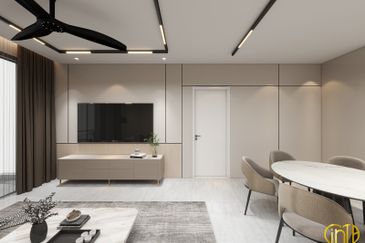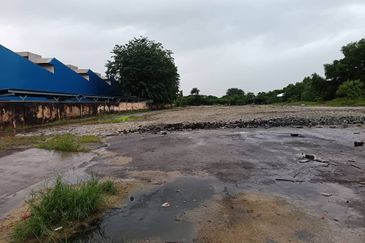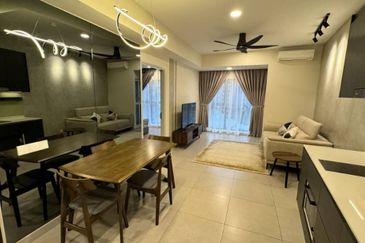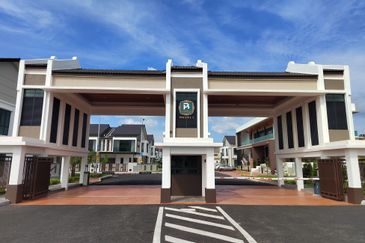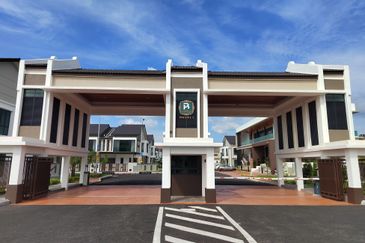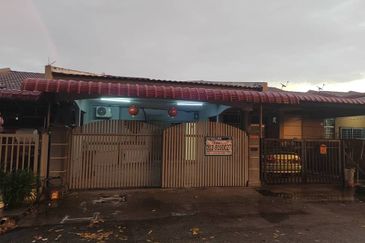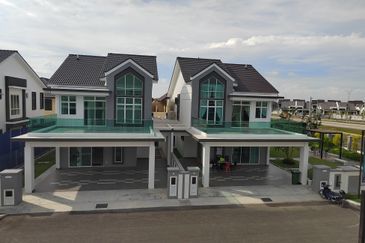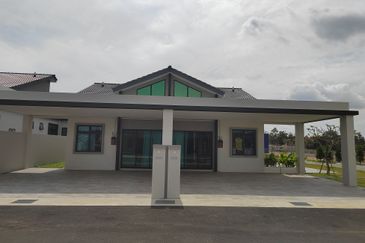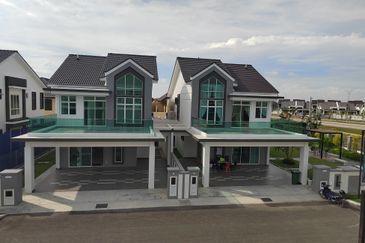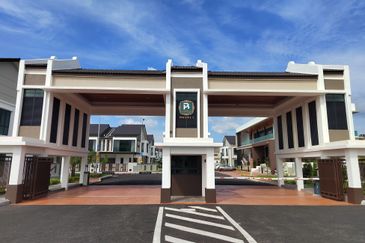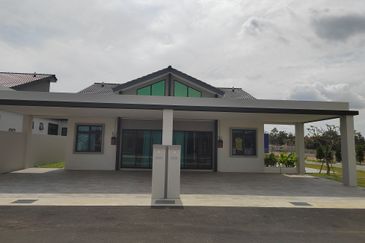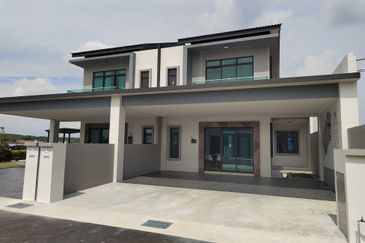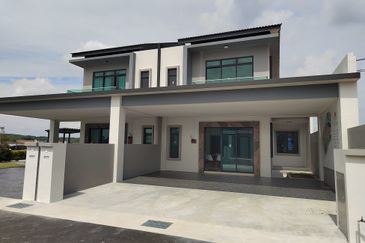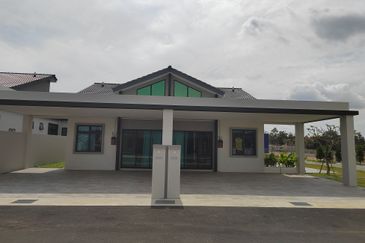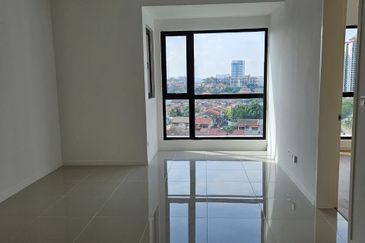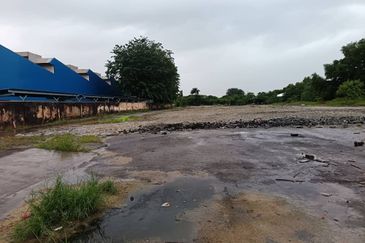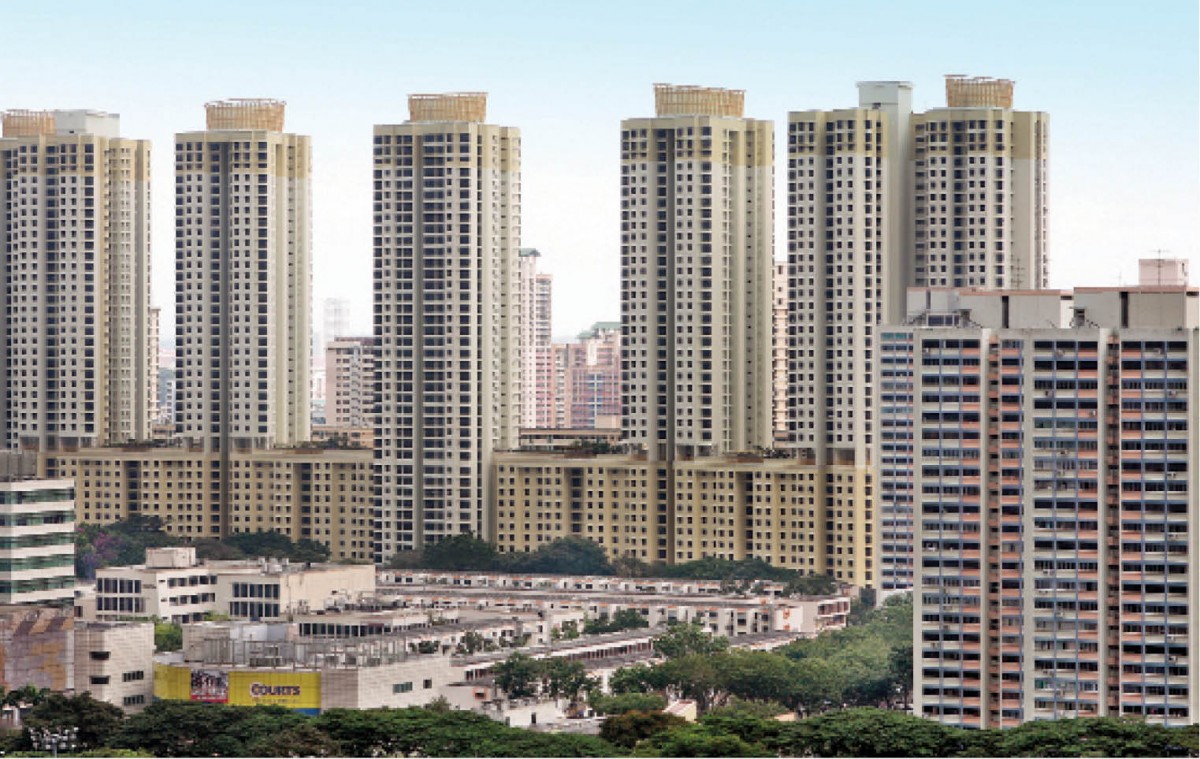
ON Feb 20, Finance Minister Heng Swee Keat announced in his Budget statement that, with immediate effect, the Central Provident Fund’s (CPF) Housing Grant had been raised to $50,000 for first-timer couples buying four-room or smaller HDB flats from the resale market. For those who purchase five-room or bigger flats, the grant has been raised to $40,000.
The CPF Housing Grant was previously capped at $30,000. Including the Additional CPF Housing Grant, capped at $40,000, and the Proximity Housing Grant, capped at $20,000, first-timer couples can now receive up to $110,000 in subsidies.
According to Cushman & Wakefield Research director Christine Li, the move is timely, as a large volume of build-to-order HDB units, totalling about 18,000 units, reached the end of their Minimum Occupation Period as at end-2016. This is 80% higher than the number of units that reached MOP in 2015.
“The grant can therefore help soak up additional HDB resale supply, particularly for those who need to dispose of resale flats after they have taken possession of new BTOs, executive condominiums and private properties,” says Li.
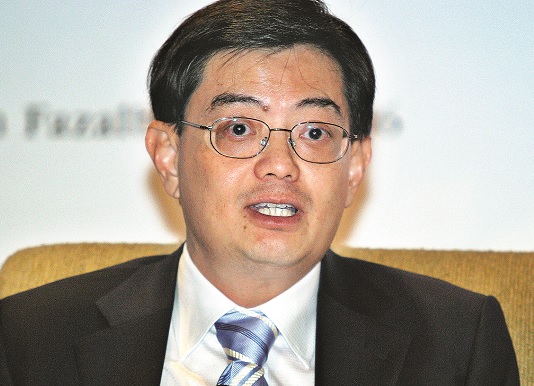 RHB Research expects the move to translate into a slight boost in demand for resale HDB units and help stabilise resale prices. It will also alleviate demand pressure on new BTO launches, especially in mature estates.
RHB Research expects the move to translate into a slight boost in demand for resale HDB units and help stabilise resale prices. It will also alleviate demand pressure on new BTO launches, especially in mature estates.
ERA key executive officer Eugene Lim agrees. He expects resale HDB transaction volume “to receive a good boost, as resale flats are now cheaper, and this might swing more purchasers towards a resale flat instead of having to wait three years or so for a BTO flat”.
The Budget did not include the easing of property cooling measures. Minister for National Development Lawrence Wong signalled in an interview with Bloomberg TV on Feb 21 that the residential property curbs were expected to stay for some time.
Wong said the cooling measures had “helped achieve a soft landing in the property market” and demand remained “very resilient”. He also added that the government was studying measures to boost revenue, including higher taxes, to help ease pressure on the budget as spending increases.
Earlier this month, president and CEO of CapitaLand Lim Ming Yan said the cooling measures are expected to stay in place for at least another year. “We see volume picking up and price declines have slowed. We see this trend continuing for 2017. There is no compelling reason for the government to make major changes at this point,” he said.
Private-home prices declined 3% in 2016, in a third consecutive year of decline. As no changes were introduced to the existing property cooling measures, RHB Research maintains its expectation of a 3%-to-7% decline in residential property prices this year.
This article first appeared in The Edge Property Singapore, a pullout of The Edge Singapore, on Feb 27, 2017.
For more stories, download TheEdgeproperty.com pullout here for free.
TOP PICKS BY EDGEPROP
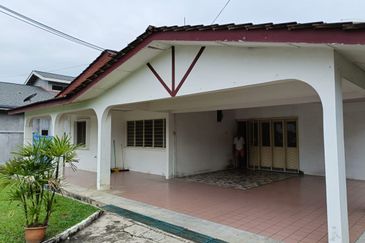
Seksyen 17, Petaling Jaya
Petaling Jaya, Selangor
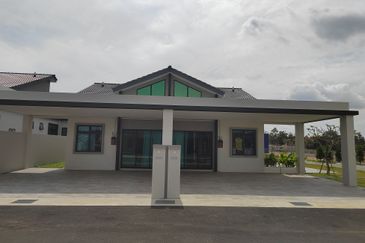
Tiara Melaka Golf & Country Club
Bukit Katil, Melaka


